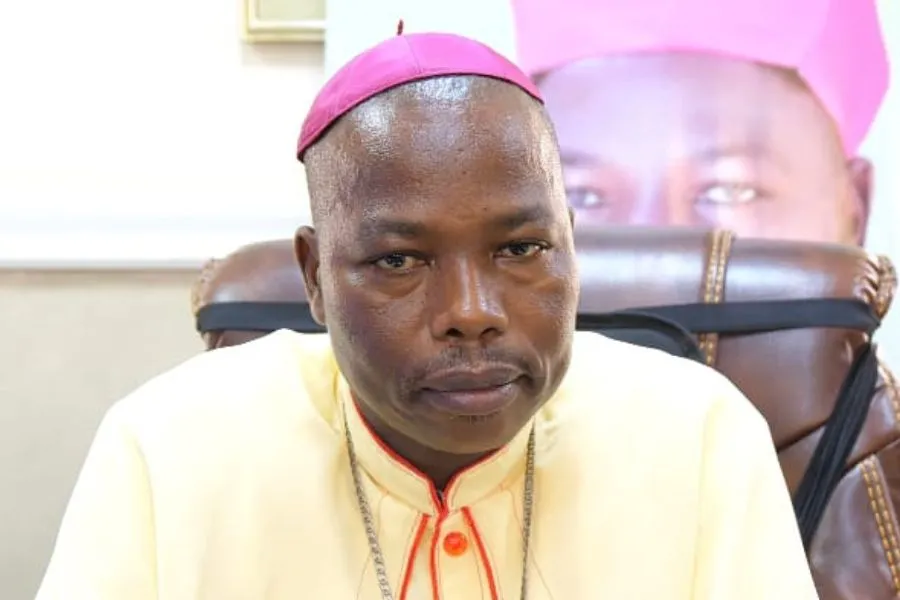Yola, 21 November, 2023 / 4:24 pm (ACI Africa).
There is need for Christians in Nigeria to let go the pain they may be harboring against members of Boko Haram, who have caused them traumatic experiences, by making the decision to forgive, a Catholic Bishop in Nigeria has said.
In a Monday, November 20 interview with ACI Africa, Bishop Stephen Dami Mamza of the Catholic Diocese of Yola in Nigeria weighed in on the situation of the victims of Boko Haram insurgency, who started flocking his Episcopal See in 2014 in villages in Adamawa Estate, leaving behind their homesteads, which had been ravaged by the militants.
“I think it is high time for us as Christians to find a place in our hearts to forgive them for all they have done to us because we cannot continue to live in this forever,” Bishop Mamza said.
The Nigerian Catholic Bishop added, “Let life come back to normalcy. Let us learn how we can forgive.”
He went on to highlight some of the atrocities that members of the Boko Haram have committed, saying, “We know the havoc that the Boko Haram insurgency has caused us; we know the trauma we are going through, we have lost families, friends, brothers, sister and the source of our livelihood is lost, communities destroyed and this is not only on the Christians part alone both the Muslims too are affected.”








